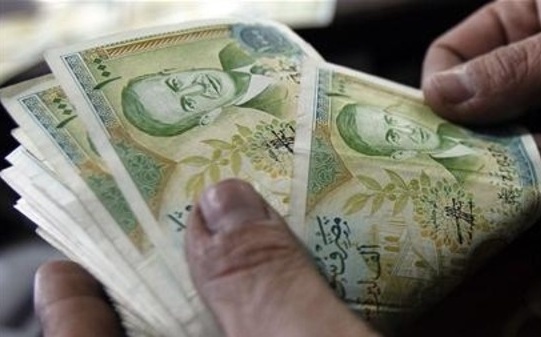Bashar al-Assad has highlighted Syria’s currency crisis, decreeing 7 years of hard labor for anyone not using the Syrian pound for payments or commercial transactions.
Assad issued the decree on Saturday. It also tries to limit news of the crisis by “tightening the penalty of broadcasting or publishing fabricated facts [or] false or fake allegations that cause national currency depreciation and instability”.
The Syrian pound has plummeted throughout the country’s 106-month conflict, but the fall accelerated this winter. The rate, which was 47:1 v. the US dollar in March 2011, has moved from about 550:1 last autumn to 1,200:1 this month.
Serious banking problems in Lebanon have sharply limited funds used by Syrian businesses and individuals. Some analysts estimate the Syrian holdings in Lebanese banks at $30 billion, almost a fifth of all deposits in the country. Many wealthy Syrians — estimated by some economists at 80% of the upper class — use the financial services to avoid US and European Union sanctions on the Assad regime.
See also Syria Daily, Nov 30: Economy Further Rocked By Cut-Off of Lebanon Funds
Syrians are facing record hikes in prices for basic items such as sugar and rice. Blackouts in regime-held areas have intensifying because of fuel shortages. Monthly salaries for many workers have fallen dramatically, with reports that they are about $50.
Iran has propped up the Assad regime with billions of dollars in oil and lines of credit, but the support has been reduced and possibly cut off because of Tehran’s own economic crisis.
The Syrian opposition claims that the regime’s external debt has exceeded $200 billion, and foreign currency reserves are exhausted.

